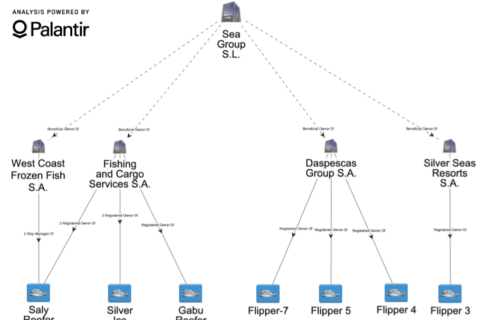Sold Out

Sold Out analyzes over 600 cases of bonded labor in India from between 2002 and 2020, demonstrating that bonded labor cases occurred in almost every industry sector, ranging from fully domestic industries, such as brick kilns, to those with significant global ties, such as manufacturing and rice production.
Executive Summary #
Bonded labor networks are embedded in global supply chains. This analysis of over 600 cases of bonded labor in India from between 2002 and 2020 demonstrates that bonded labor cases occurred in almost every industry sector, ranging from fully domestic industries, such as brick kilns, to those with significant global ties, such as manufacturing and rice production. Despite global ties, the corporate structures and labor practices of bonded labor networks often make them hard to identify using publicly available information alone.
Many of the companies using bonded labor that were identified in publicly available information continue to operate commercially, and can be treated as high risk for continued use of bonded labor. For instance, of the more than 600 cases analyzed, at least 15 companies or individuals were repeat offenders, and appeared in the dataset at least twice.
Finding data linking exporting companies to upstream companies that use bonded labor can be difficult. Nonetheless, a number of cases demonstrate that companies associated with the use of bonded labor are connected to global supply chains. In such cases, unwitting consumers may be buying goods produced by bonded labor. There is, then, a need for companies with layered supply chains to exercise accountability and action in ensuring the complete eradication of bonded labor from production, including by seeking greater transparency regarding labor practices from companies in their supply chains. Consumers, too, have a role to play in demanding transparency from companies to aid their decision making. Through this transparency, bonded labor — and the financial incentives for using it — can be removed from supply chains.






